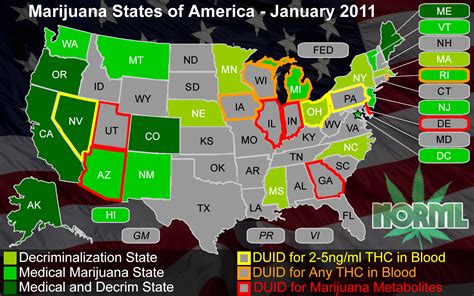In 2016, Massachusetts residents voted to legalize recreational marijuana for individuals 21 years and older, leading to a series of state and city regulations. This article provides an overview of these laws, including the role of various governmental bodies and legal implications.
Recreational marijuana use in Massachusetts is governed by specific rules. Adults over 21 can possess up to one ounce of marijuana in public, with a maximum of five grams in concentrate form. However, public consumption remains prohibited. Notably, the state imposes a $500 fine for open-container violations in vehicles. For individuals under 18, penalties include parental notification, fines, and mandatory drug awareness programs. Failure to comply with these programs can lead to delinquency proceedings.
Medical marijuana is also legally available in Massachusetts. The Consolidated Appropriations Act 2023 (P.L. 117-328) prevents the Department of Justice from interfering with states’ medical marijuana laws. This federal provision supports the state’s existing medical marijuana framework.
The City of Boston has established its own cannabis regulations. In 2019, Mayor’s Office signed an Ordinance Establishing Equitable Regulation of the Cannabis Industry in Boston. This ordinance aims to foster racial equity and inclusion in the cannabis industry. The Boston Cannabis Board plays a key role in implementing these rules, including designating equity applicants who meet specific criteria related to residency and legal compliance.
The Cannabis Control Commission, a state body, is tasked with implementing and administering laws related to both medical and adult-use marijuana in Massachusetts. This commission works to ensure safe, equitable, and effective access to cannabis.
For more detailed information about Massachusetts’ marijuana laws, you can visit these resources:
Massachusetts Law about Recreational Marijuana
Marijuana Legalization and the City of Boston
Marijuana Laws in Massachusetts

Remember, if you or someone you know is struggling with marijuana or other substances, assistance is available by calling 3-1-1 for support and resources.